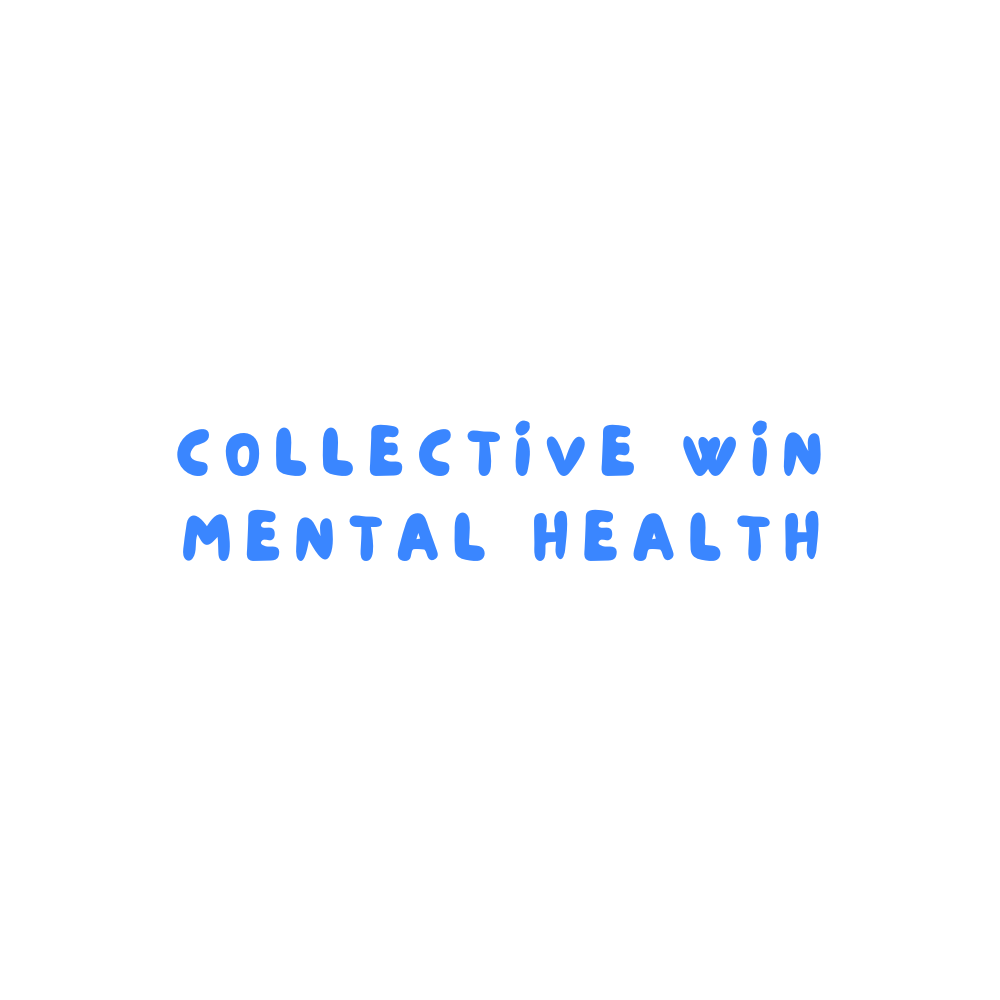But have you ever stopped to consider the impact of this constant information flow on your mental well-being?
Guarding the Gates of the Mind: The Power of Selective Consumption
In the digital age, we are constantly bombarded with information. From the moment we wake up to the time we go to bed, our senses are inundated with news, entertainment, advertisements, and social media updates.
The Subconscious Mind: A Silent Observer
The subconscious mind is often likened to a sponge, absorbing everything it comes into contact with. Whether it's a movie we watch, a book we read, or a conversation we overhear, our subconscious mind is always processing and storing information.
According to a study by Zimmerman (2013), our subconscious processes about 20,000,000 bits of information per second, compared to the conscious mind, which processes about 40 bits per second.
This means that the vast majority of the information we encounter is processed below our level of conscious awareness.
The Cumulative Effect of Information
While it might seem harmless to mindlessly scroll through social media or binge-watch a TV series, research suggests that the information we consume can have a profound impact on our mental health.
A study published in the Journal of Social and Clinical Psychology found that limiting social media use to 30 minutes per day resulted in significant reductions in depression and loneliness (Hunt et al., 2018).
Another study by Lin et al. (2016) found a strong link between heavy social media use and increased risk for depression, anxiety, and loneliness.
It's not just digital media that affects us. The conversations we engage in, the books we read, and even the ambient sounds in our environment can influence our mood and cognitive function.
The Cumulative Effect of Information
While it might seem harmless to mindlessly scroll through social media or binge-watch a TV series, research suggests that the information we consume can have a profound impact on our mental health.
A study published in the Journal of Social and Clinical Psychology found that limiting social media use to 30 minutes per day resulted in significant reductions in depression and loneliness (Hunt et al., 2018).
Another study by Lin et al. (2016) found a strong link between heavy social media use and increased risk for depression, anxiety, and loneliness.
It's not just digital media that affects us. The conversations we engage in, the books we read, and even the ambient sounds in our environment can influence our mood and cognitive function.
A study by Andrade (2011) found that exposure to negative news can lead to increased levels of anxiety and sadness, while another study by Benedek and Kaernbach (2011) found that listening to pleasant music can enhance cognitive performance and creativity.
The Power of Selective Consumption
Given the profound impact of information on our mental well-being, it's crucial to practice selective consumption. This means being intentional about the information we expose ourselves to and setting boundaries to protect our mental space. Just as we are careful about the food we eat to nourish our bodies, we should be discerning about the information we consume to nurture our minds.
Given the profound impact of information on our mental well-being, it's crucial to practice selective consumption. This means being intentional about the information we expose ourselves to and setting boundaries to protect our mental space. Just as we are careful about the food we eat to nourish our bodies, we should be discerning about the information we consume to nurture our minds.
In conclusion, in an age of information overload, it's more important than ever to guard the gates of our minds. By being mindful of our mental consumption and practicing selective consumption, we can create a mental environment that supports our well-being, happiness, and growth.
Follow Alet Viegas on Twitter

